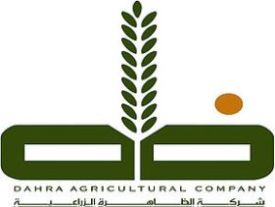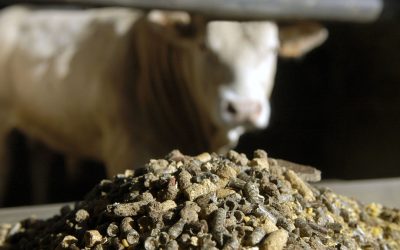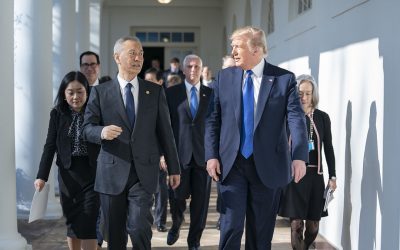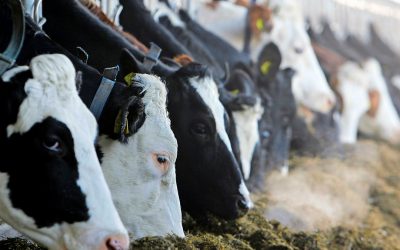Emirates seek overseas feed supply

Abu Dhabi’s Al Dahra Agricultural Company is halfway through a plan involving more than 60,700 hectares of farmland in Europe, the US, south Asia and north Africa to boost the UAE’s food security. The whole plan encompasses an investment of Dh1 billion (US$272.2 million).
The privately held company is one of the prime suppliers of animal feed to the Government, which has encouraged local firms to invest in foreign agricultural businesses to secure food stocks.
The moves come as the Government is expected to wean local farmers off groundwater supplies used in the production of animal feed.
Back in 2007 when commodity prices were at record highs and many Gulf governments embarked on foreign land purchases to protect against food inflation Al Dahra won contracts from the Government amounting to more than 50% of the total import of forage for the nation’s dairies and small farms, including alfalfa and feed grasses.
It has spent Dh500m since then in the US, Spain, Egypt and Pakistan and plans to spend another Dh500m in the next two years.
The holdings include 4,050ha in Pakistan, which will rise to 10,100ha in the next two years. In Egypt, Al Dahra owns 10,300ha, which ultimately will encompass 48,500ha.
It has long-term leases in Spain on 5,050ha and is finalising its strategy for the US, the world’s largest producer of alfalfa and feed grasses, with facilities already acquired in central California and Washington State.
Expanding into rice cropping
Al Dahra exports some of its produce from Egypt and Pakistan to markets in the Middle East and Asia, including Saudi Arabia, Jordan, China and Korea and plans to expand into rice cultivation.
It controls its entire supply chain. With 800 employees worldwide, Al Dahra has focused on investing in sophisticated farming equipment that is not labour-intensive.
Last year Al Dahra imported between 500,000 and 600,000 tonnes of animal feed into the UAE.
The company’s rise has come as domestic production of the feed stock Rhodes grass has halved in recent years, as the Government has sought more efficient uses of its water supplies.
Where the country once produced 1 million tonnes of the grass, it now produces between 480,000 and 580,000 tonnes.
Related website: Al Dahra











